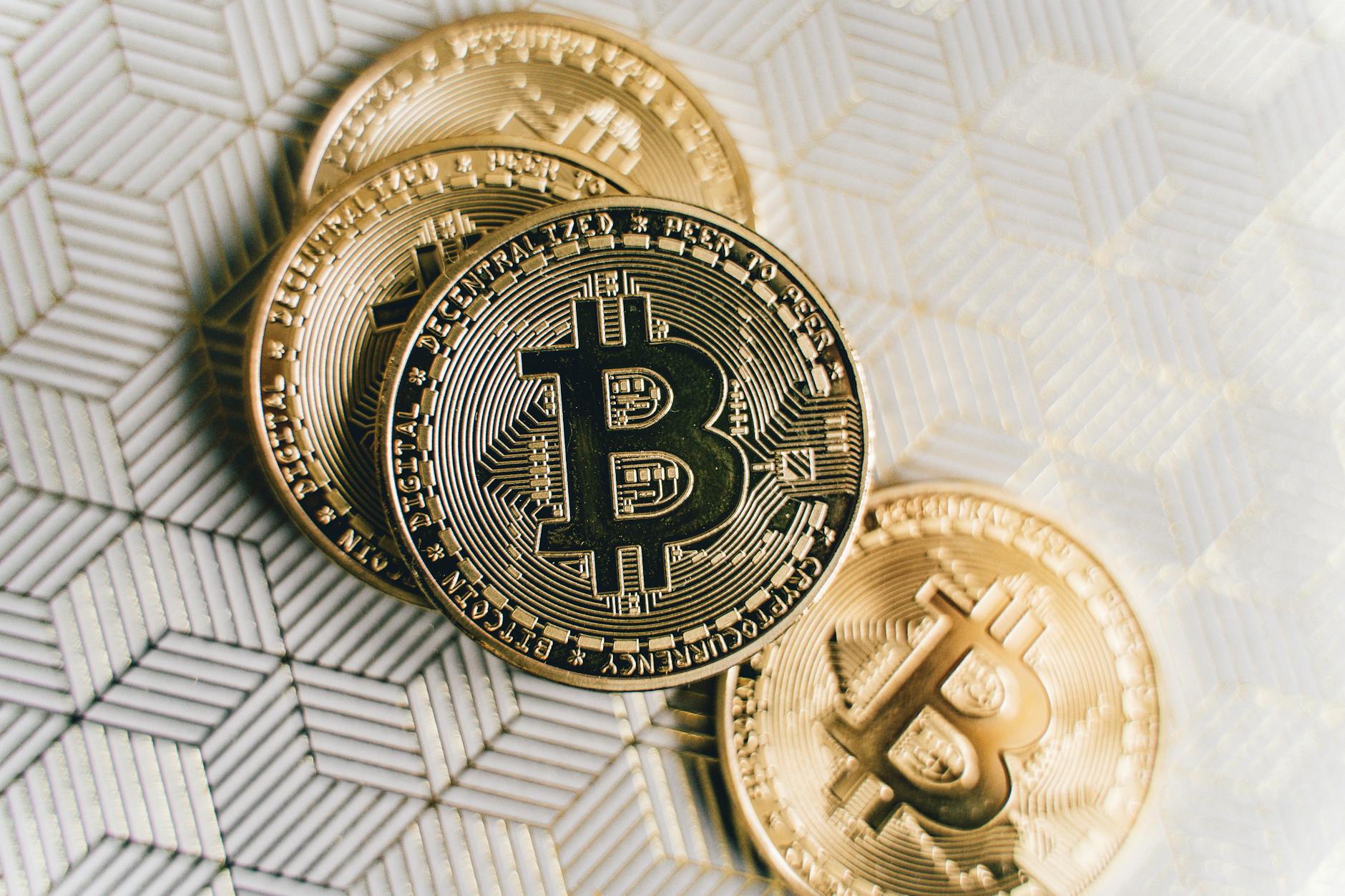In a recent bold move within the crypto mining sphere, American Bitcoin, a company backed by Donald Jr. and Eric Trump, has reported to the U.S. Securities and Exchange Commission that it now holds 215 Bitcoins valued at a cool $23.7 million. For those keeping score, that’s a significant amount of digital gold hoarded since the company's inception this past April.
The firm’s strategic pivot to focus squarely on Bitcoin accumulation highlights a growing trend among both big and small players: the concerted shift towards embedding digital assets into corporate strategy. Inspired by the likes of Michael Saylor's MicroStrategy, which pioneered this venture during the crypto boom of 2020, the move isn’t just a one-off gamble but seems to be part of a bigger play.
It’s intriguing, to say the least, that over 100 public companies have now cozied up to cryptocurrency, weaving it into their treasury strategies, as per sources like Bitcointreasuries.net. This adoption speaks volumes about Bitcoin's evolving role from a speculative asset to a bona fide reserve asset. But why the strategy of accumulation and not just casual flirtation? In the words of American Bitcoin, their venture into Bitcoin is not just an add-on; it's the crux of their business model.
Let's not overlook the timing and the actors involved here. The Trump sons’ involvement in this significant cryptocurrency push might raise eyebrows or nods of approval, depending on which side of the political and financial spectrum you find yourself. This is particularly poignant given the backdrop of increased regulatory scrutiny on crypto activities in the U.S., as discussed in a recent Radom Insights post. This move could be seen as a potent mix of leveraging political prominence and astute business acumen or as a controversial entanglement of corporate and political interests.
American Bitcoin’s strategy to beef up its Bitcoin reserves also coincides with their plans to go public through a merger with Gryphon Digital Mining. This strategy is not just bold but quite shrewd-amplifying their financial clout just as they prepare to enter the public market. This planned financial maneuver is reminiscent of traditional corporate giant plays but translated into the disruptive world of crypto.
Moreover, the Trump family's deepening involvement in cryptocurrency doesn’t stop at mining. The family tree spreads wide, with branches touching various aspects of the digital asset sphere, including decentralized finance platforms and digital media partnerships that extend into the realms of cryptocurrency and energy-based ETFs. This sprawling engagement across the digital currency landscape showcases a commitment to not only participate in but potentially steer some of the dialogue and direction of this volatile industry.
However, the question that sticks like gum to the bottom of a desk is whether such a focused investment and public backing in a volatile market like Bitcoin’s, particularly by figures as politically significant as the Trumps, will steer market perceptions and regulatory responses. In an industry where public sentiment and regulatory winds can shift as unpredictably as crypto prices themselves, the strategies of political figures turned crypto champions will be something to watch.
In conclusion, while the move by American Bitcoin to gather a substantial Bitcoin reserve might look like a typical corporate strategy on the surface, the implications run deeper, given the political weight carried by its backers. The convergence of high-level politics, corporate strategy, and volatile financial markets opens up a Pandora’s box of potential economic and regulatory implications. And yes, it’s as exciting as it sounds-for better or for worse.



